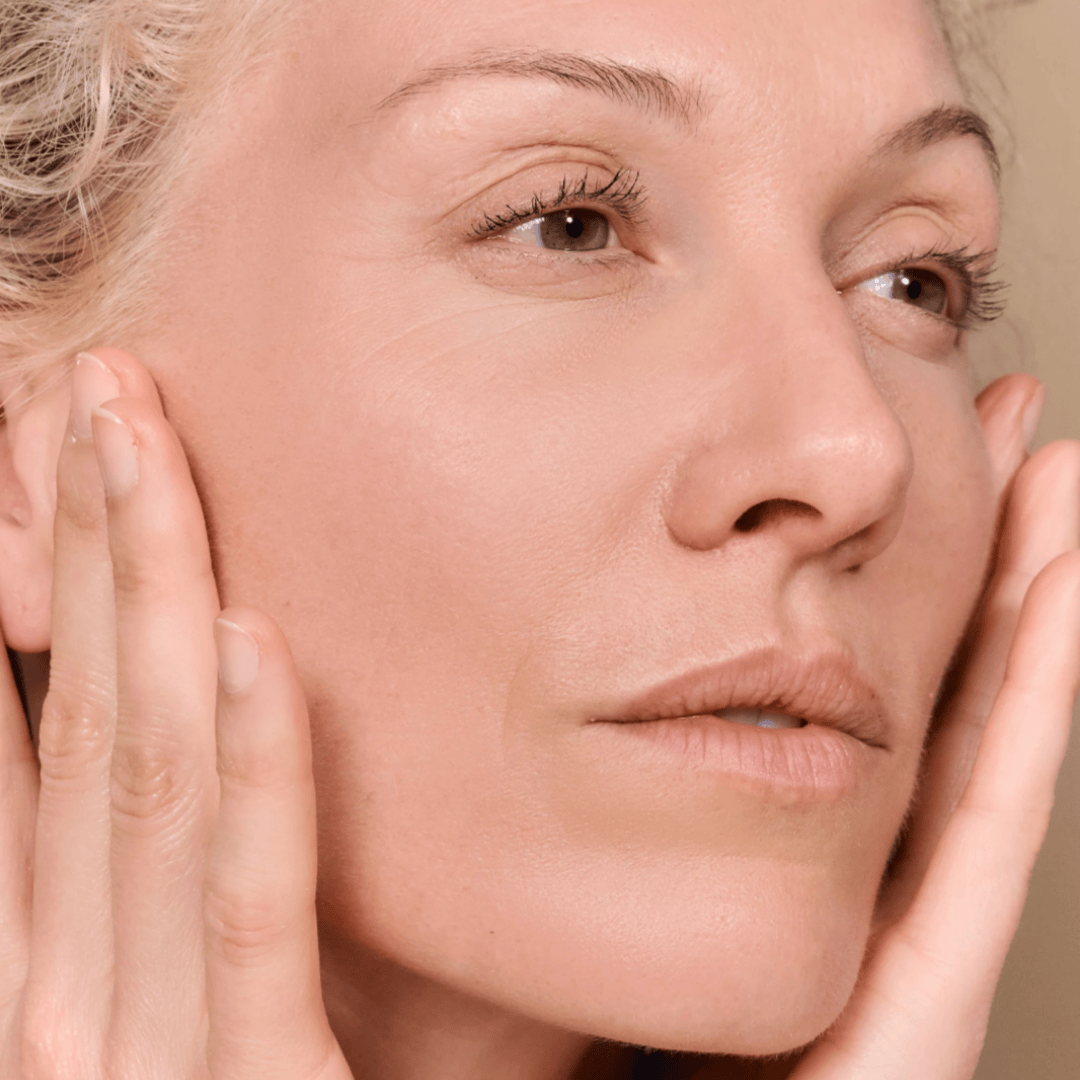Eczema, whether atopic, contact, or chronic, is an inflammatory skin condition that can be exacerbated by our lifestyle... and especially by what we put on our plates. To soothe reactive skin, adopting a suitable diet is a natural solution that is often underestimated. Here are the right habits to adopt and the foods to favor (or avoid) to better live with eczema.
Eczema and diet: why are they linked?
Chronic skin inflammation is often a reflection of an internal imbalance. Certain foods can promote eczema flare-ups by triggering an excessive immune response or disrupting the gut flora, which is closely linked to skin health. Conversely, other nutrients possess valuable anti-inflammatory and antioxidant properties to strengthen the skin barrier.
Also read: Eczema: the complete guide to understanding and soothing your skin

Foods to avoid for reactive skin
Certain food groups are known to aggravate eczema symptoms in susceptible individuals:
-
Dairy products : These can be pro-inflammatory and promote digestive disorders in some people, which impacts the skin.
-
Gluten : It is sometimes implicated in chronic inflammation, although reactions vary from one individual to another.
-
Refined sugars : In excess, they contribute to systemic inflammation.
-
Food additives : colorings, preservatives, flavor enhancers can irritate the body.
-
Alcohol : It dehydrates the skin and can worsen redness and itching.
It's not necessarily about eliminating all of these foods, but about reducing them or observing your skin's reactions when you eat them.

Foods to favor to calm eczema
Fortunately, a diet rich in anti-inflammatory nutrients can provide relief from sensitive skin:
-
Foods rich in omega-3 : such as oily fish (salmon, mackerel, sardines), flax or chia seeds.
-
Fresh fruits and vegetables : sources of antioxidants, they fight against oxidative stress, the skin's greatest enemy.
-
Probiotics and prebiotics : fermented yogurts, kefir, lacto-fermented vegetables, whole fibers… they nourish the intestinal microbiota, directly linked to skin health.
-
Foods rich in zinc and vitamin E : nuts, seeds, avocados, etc. They promote healing and strengthen the skin barrier.

Natural care as a complement to food
A balanced diet is essential, but it can be enhanced with natural skincare products made with organic and soothing ingredients. Cocoa butter , for example, is an excellent option for moisturizing and protecting eczema-prone skin. Rich in fatty acids and antioxidants, it helps restore the skin barrier while deeply nourishing the skin.
Discover all the benefits of cocoa butter for eczema-prone skin
In summary: listen to your body and your skin
Every skin is unique, and eczema can have different triggers depending on the individual. The important thing is to learn to observe your body's reactions, adopt a diet that is as natural as possible, and avoid highly processed products. Combined with organic and gentle skincare, this holistic approach often helps restore greater skin comfort.



